Impacts of COVID-19 on mental health and political engagement
Dr Luca Bernardi, Senior Lecturer in Politics, has carried out two research projects exploring the impacts of the COVID-19 pandemic on mental health and political engagement.
The effects of COVID-19 measures on mental health of Syrian refugees in Istanbul
This project ran from 1 June to 31 December 2020, and was funded by the COVID-19 ODA Rapid Response Fund.
The funding supported the execution of a two-wave panel (CATI) survey of a representative sample of Syrian refugees in Istanbul to study the influence of COVID-19 life changes on the mental health of Syrian refugees living under humanitarian protection in Istanbul, Turkey.
The questionnaire integrated the CoRonavIruS Health Impact Survey (CRISIS) developed by the National Institute of Mental Health with validated measures of mental disorder (i.e. depression, anxiety and stress).
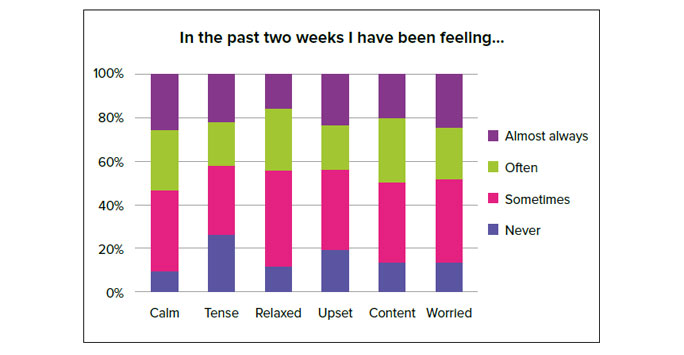
31% of the sample endorsed experiencing symptoms of anxiety often or almost always, and 17% responded “almost all of the time.”
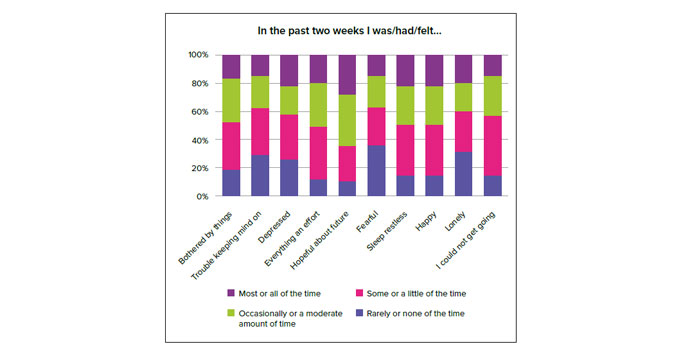
44% of the sample reported experiencing symptoms of depression at least occasionally.
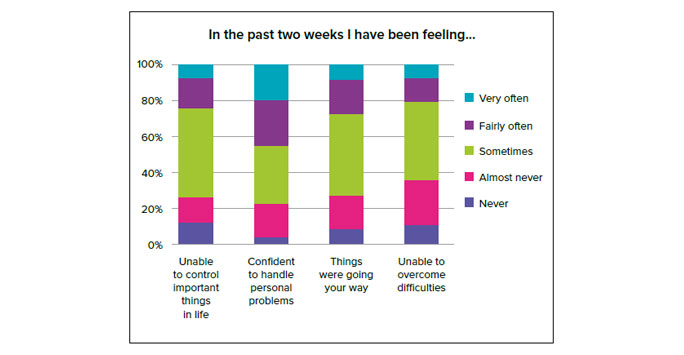
23% of the sample reported experiencing symptoms of stress fairly or very often; only 6% of respondents reported doing so extremely often.
Download the full research findings here: The effects of Covid-19 measures on mental health of Syrian refugees in Istanbul
Research team:
PI: Dr Luca Bernardi (Politics, University of Liverpool)
Co-I: Dr Ozge Zihnioglu (Politics, University of Liverpool)
The effects of COVID-19 on mental health and political attitudes and political participation in the UK

Life changes due to Coronavirus/COVID-19 responses are predicted to have serious implications for people’s mental health, as warned by the WHO and other experts.
Given the alarming rates of common mental disorders like depression, anxiety, and stress, the COVID-19 pandemic is likely to exacerbate these already high prevalence rates. With an imminent coronavirus economic recession, these rates are unlikely to improve.
These changes in mental health may have important implications for political efficacy and political support, which are closely connected to governments’ responses to the pandemic.
This project, funded by The British Academy Special Research Grant on COVID-19, and by the University of Liverpool, addresses these issues through the use of survey research in the UK. By identifying emotional functioning as a key source of political inequality, our research is original and interdisciplinary and is important for tackling stigma associated with mental illness and for better understanding the relation between mental health and political attitudes.
Research team:
PI: Dr Luca Bernardi (Politics, University of Liverpool)
Co-I: Prof Ian H. Gotlib (Psychology, Stanford University)
Luca has also published a paper exploring a potential roadmap for research on the political representation of mental health. The article, Mental Health and Political Representation: A Roadmap, is available here.
Findings
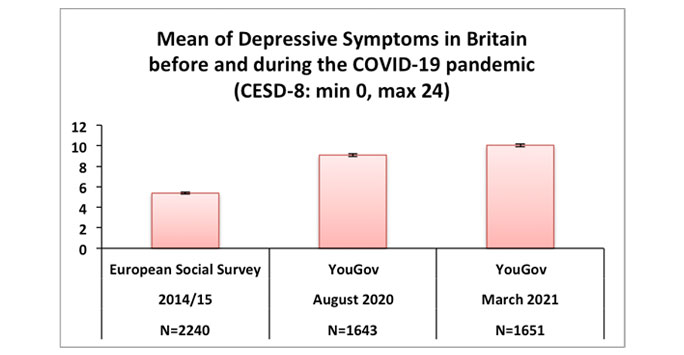
Means of depressive symptoms in Britain before and during the pandemic
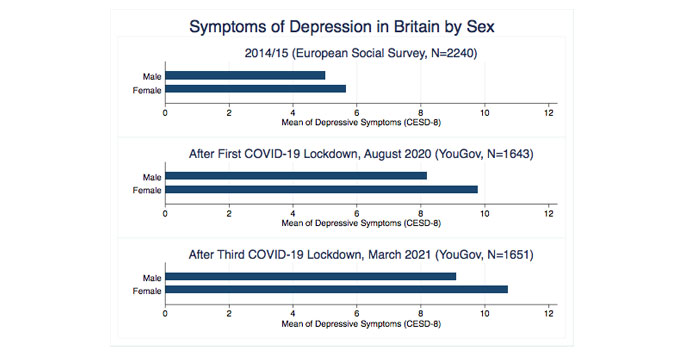
Symptoms of depression in Britain by sex
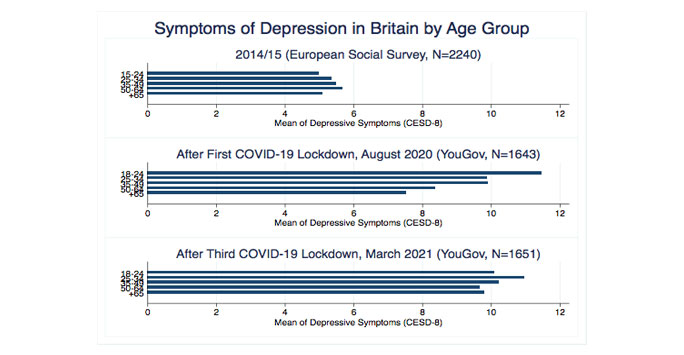
Symptoms of depression by age
In May 2021, Luca presented this research at The Psychology of Democracy conference. You can watch the presentation below.
Luca and Ian H. Gotlib have published a paper on COVID-19 Stressors, Mental/Emotional Distress and Political Support in the UK which has also received coverage in a University of Liverpool Coronavirus Blog. This paper studies associations between COVID-19 worry and stress factors, symptoms of mental distress and a number of political outcomes including political trust, satisfaction with the government and feelings of representation.
To help policymakers and practitioners better understand the impact of specific COVID-19 stressors (pandemic-related worries and stress due to anti-pandemic measures) on mental health and political engagement between 2020 and 2022, Luca and OECD Policy Analyst Lara Fleischer have published a policy briefing with the Heseltine Institute for Public Policy, Practice and Place. Being mental health and political engagement two important aspects of people's wellbeing, the policy briefing assesses the effects of specific COVID-19 stressors on symptoms of mental distress, political attitudes and political participation in the UK and suggests policy options.